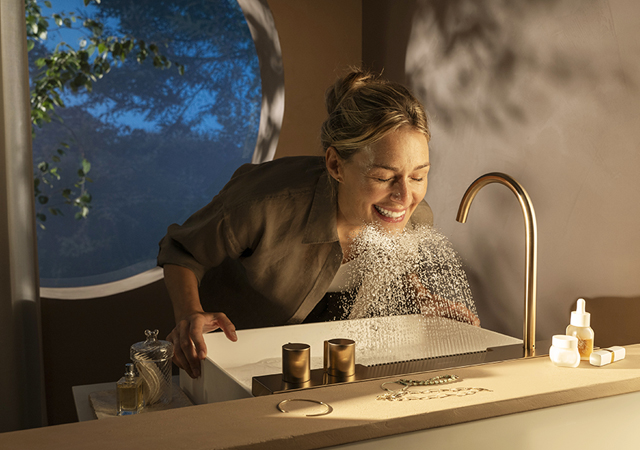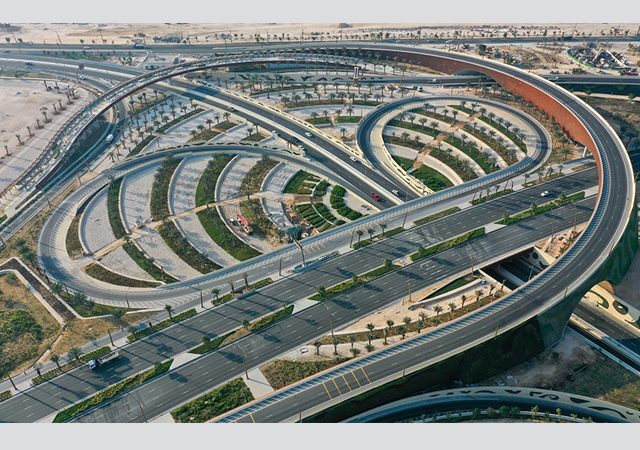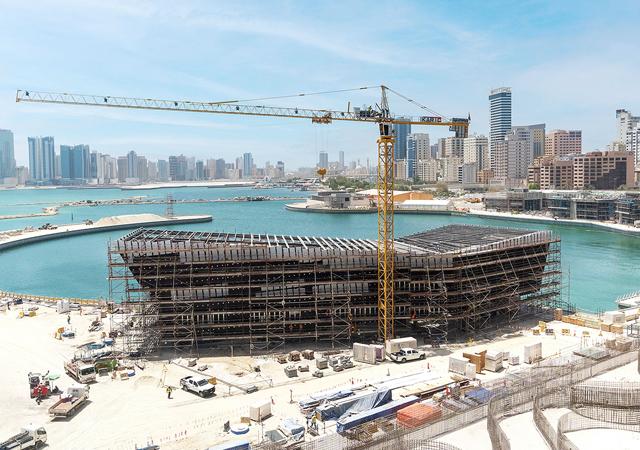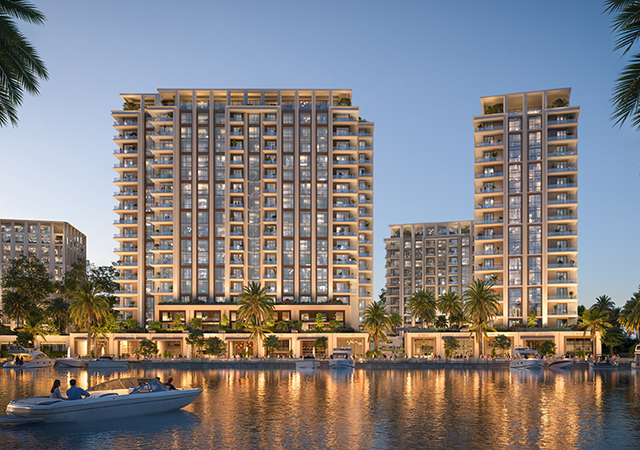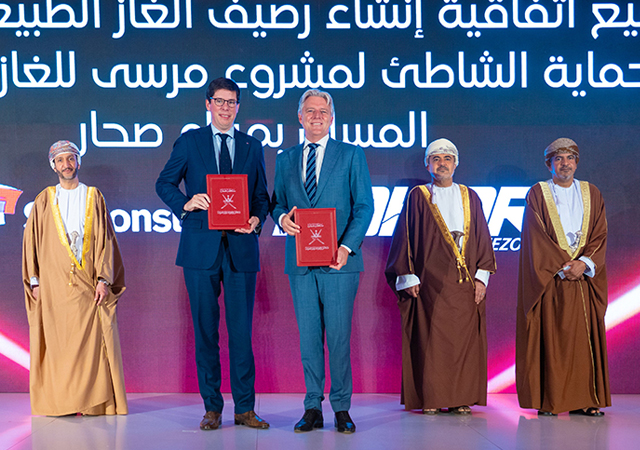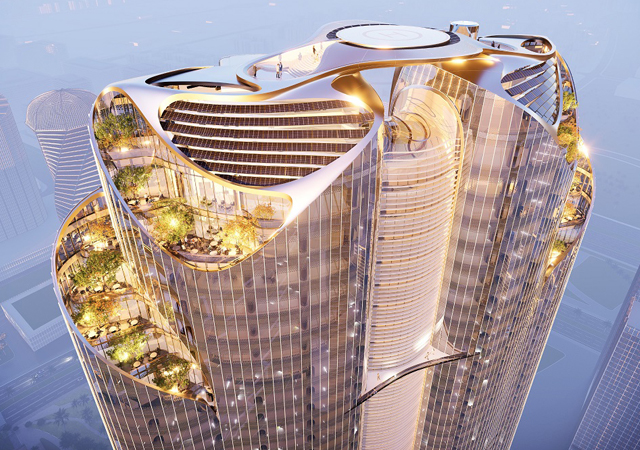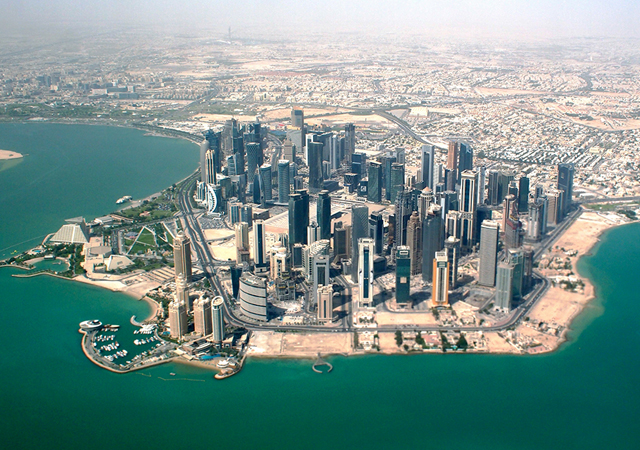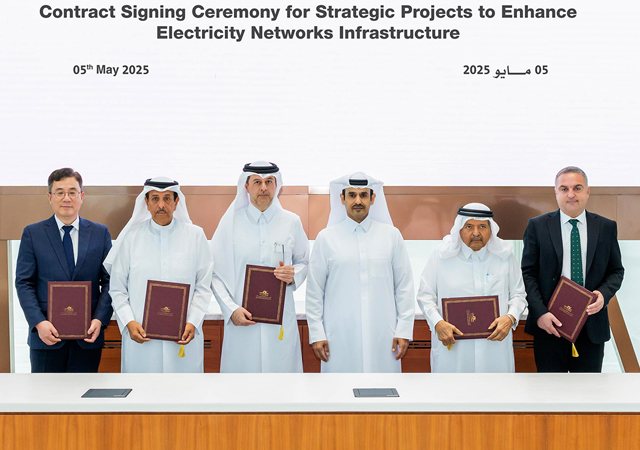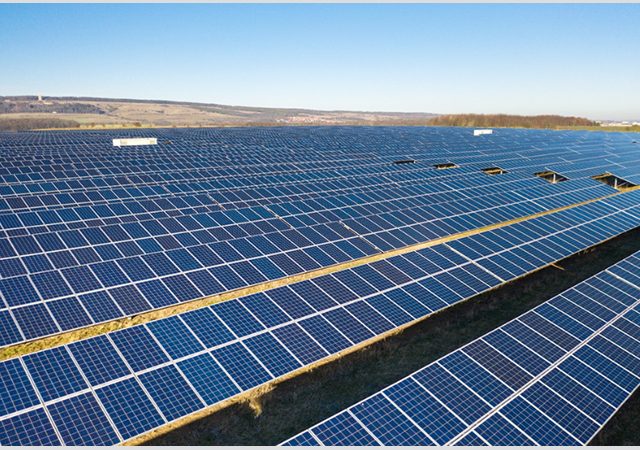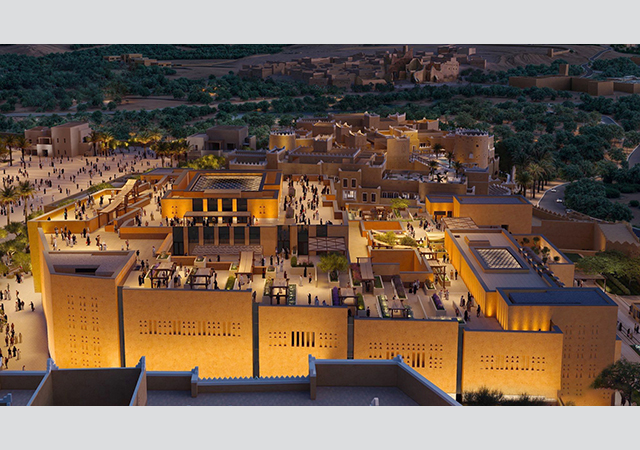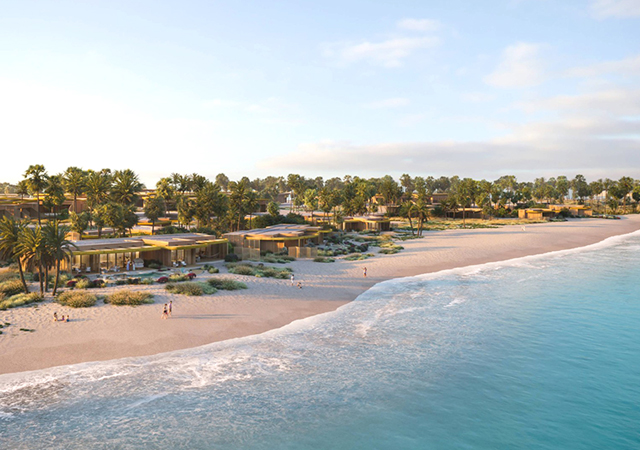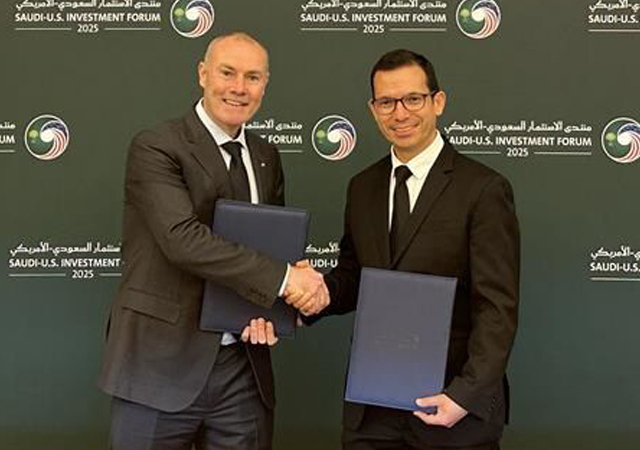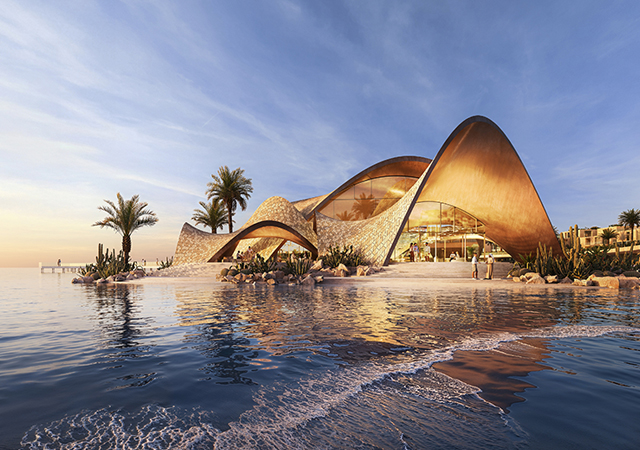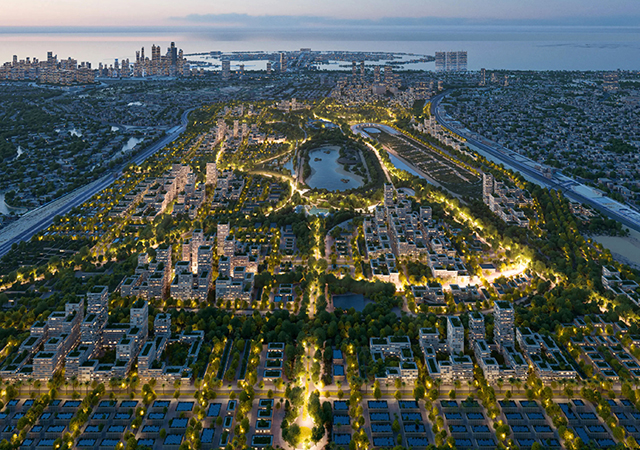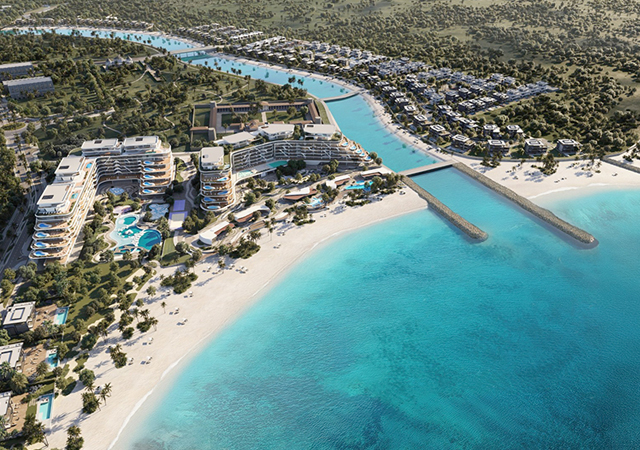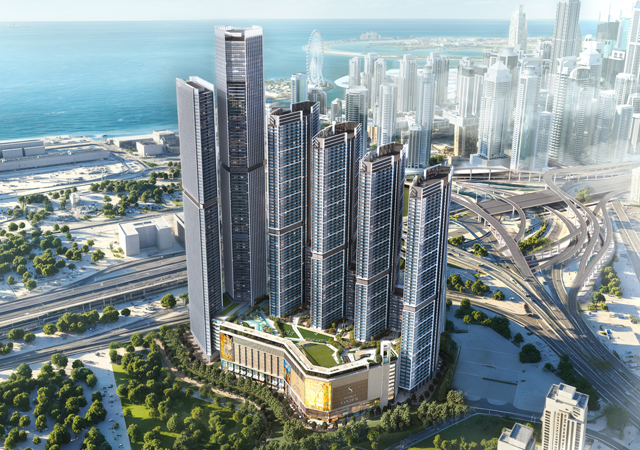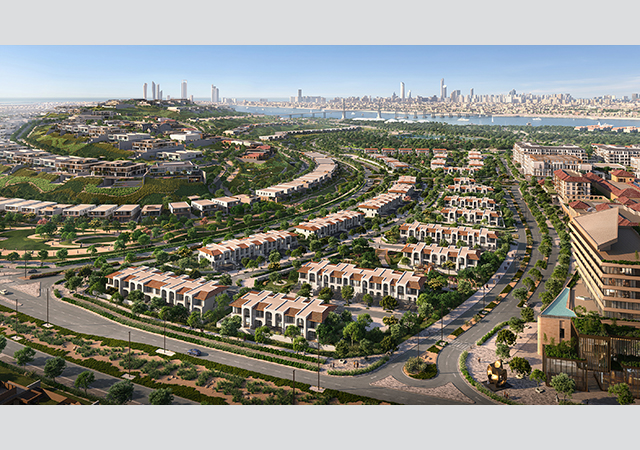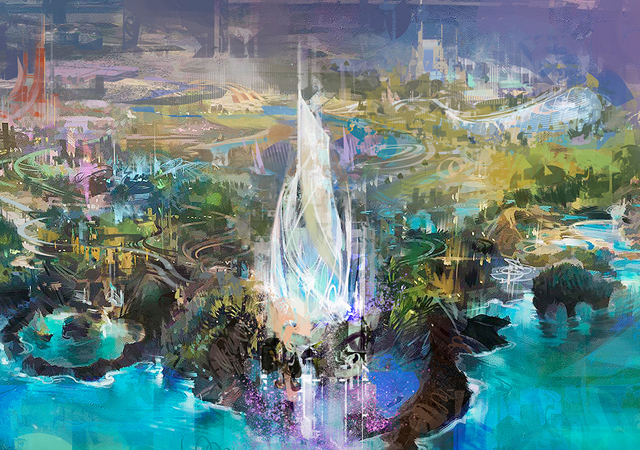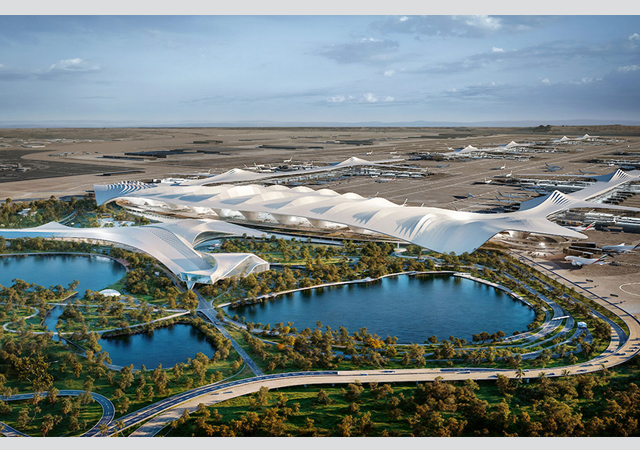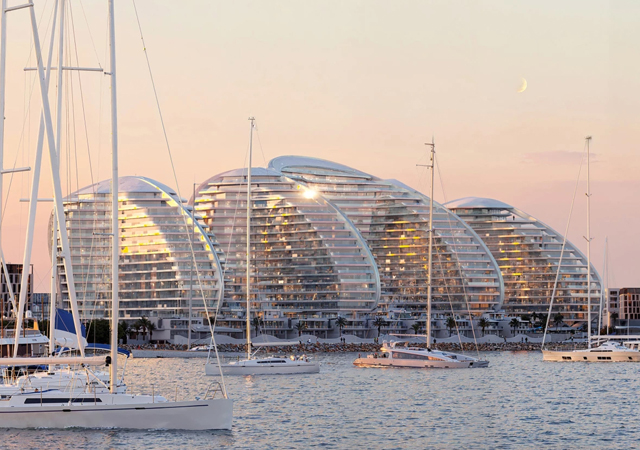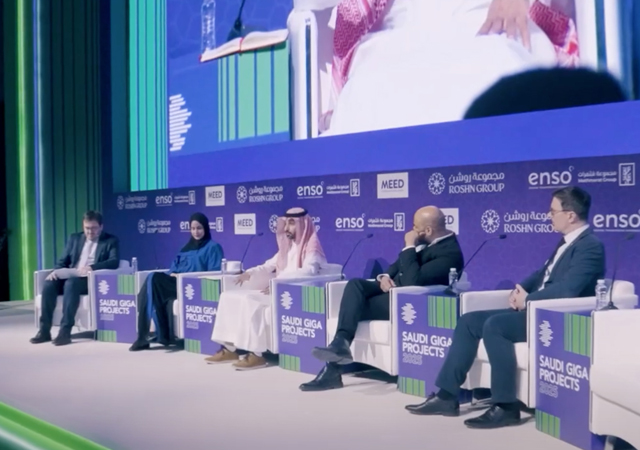
Kaleseramik has become the first Turkish ceramics manufacturer to be given an Environmental Product Declaration (EPD) for all of its ceramic products groups, including floor, wall, porcelain tile, Sinterflex and vitrified groups.
This is yet another groundbreaking achievement in the success story of the pioneering enterprise which was established in 1957. The environmental certification is approved by the German Construction and Environment Institute (Institut Bauen und Umwelt).
Based on life cycle assessment, the EPD – a Type III environmental certification – is given after an evaluation of all processes involved in a product and the environmental impact of these processes, as well as such categories as raw material acquisition, energy use and efficiency, material and chemical substance content, emissions to air, soil and water, and waste generation.
EPDs provide information with a focus on business and for this reason are important to manufacturers as they are considered the most qualified environmental certification. In this context, building certification/assessment systems used in determining the environmental performance of buildings (such as Leadership in Energy and Environmental Design – Leed – and BRE Environmental Assessment Method – Breeam) now also use EPD data, says the company.
“By earning this certificate, Kaleseramik has thus set forth an objective presentation of its environmental performance in all of the processes involved in the manufacture of its products,” says an official for Kale Group, of which it is the founding member.
Commenting on the achievement, Ihsan Karagoz, Kale Group Construction Products group vice-president responsible for marketing, says: “We are aware of our responsibilities with respect to energy and the environment. That is why we have adopted a new business model and approach to our entire business from an integrated perspective.
“We have made sustainability the focal point of this perspective, and our work involves passing on resources to the next generation without loss. In fact, from raw material procurement to manufacturing, distribution and consumer use, we seek to constantly increase these resources at every stage of the lifecycles of our products.”
Since 2010 when Kaleseramik embarked on introducing measures to boost productivity and improve economy, it has secured a savings of more than 10 per cent per sq m over 2009 in the consumption of natural gas and electricity, the two major inputs in the sector. In the same period, the company also succeeded in achieving 20 per cent savings in water consumption, another important resource in the ceramics sector.
Concentrating on investments to save energy, in 2011, Kaleseramik achieved a 10.4 per cent per sq m savings in all of its energy inputs. “It was the result of these achievements that allowed us to earn the right to be granted an Environmental Product Declaration. With every step we take, our goal is to encourage and raise interest in sustainable products in the ceramics sector,” says Karagoz.
Since its inception, Çanakkale Seramik Fabrikaları (Çanakkale Ceramic Factories) has played a pioneering and leading role in the Turkish ceramics sector, becoming a worldwide corporation with the investments it has made in the industry.
With time, the Kale Group expanded into the machinery and spare part manufacturing, defence, chemicals, electrical materials, energy, informatics, transport, tourism and food industries. Today, the group comprises 17 companies, each a leader in its own field.
The corporation has many factories and brand investments in Çanakkale, as well as various other locations in Turkey, as well as in Italy and Russia. With more than 5,000 employees, the Kale Group is one of Turkey’s major industrial corporations and is Europe’s third and the world’s 12th largest ceramic tile manufacturer.
In terms of production and sales capacity in the construction chemicals sector, it is the leader in Turkey and the region, and fifth in Europe.
Kale brand products are offered to consumers at more than 400 points of sale in 100 countries.


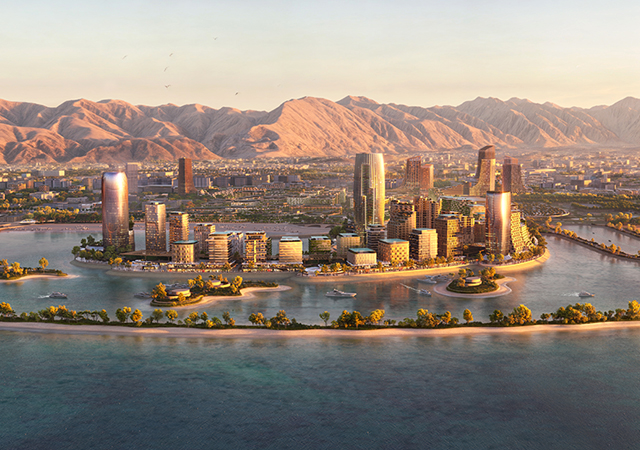

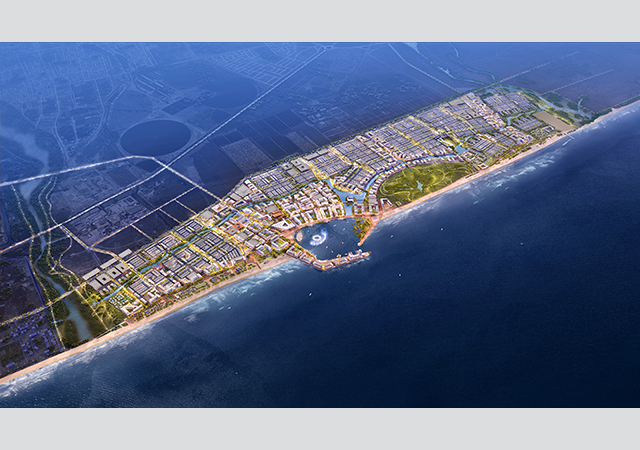
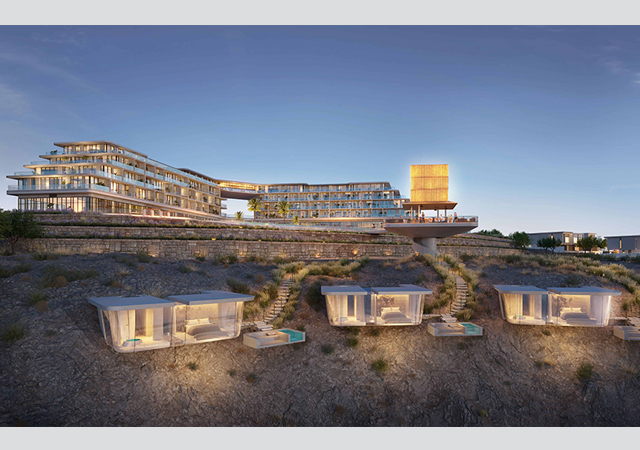
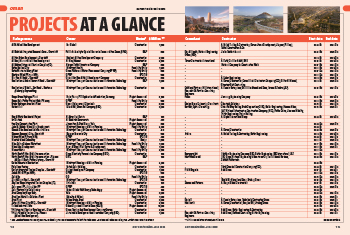
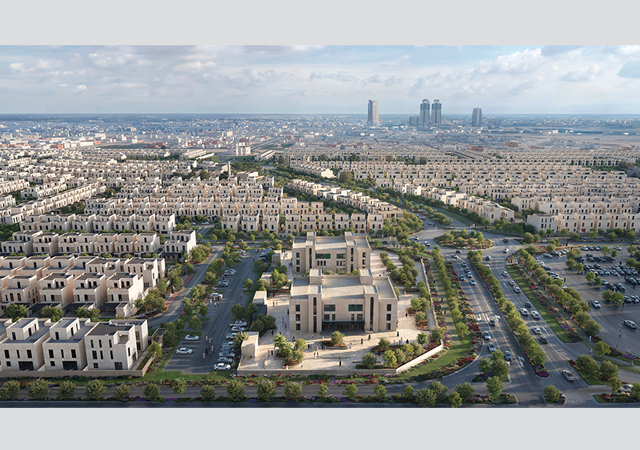
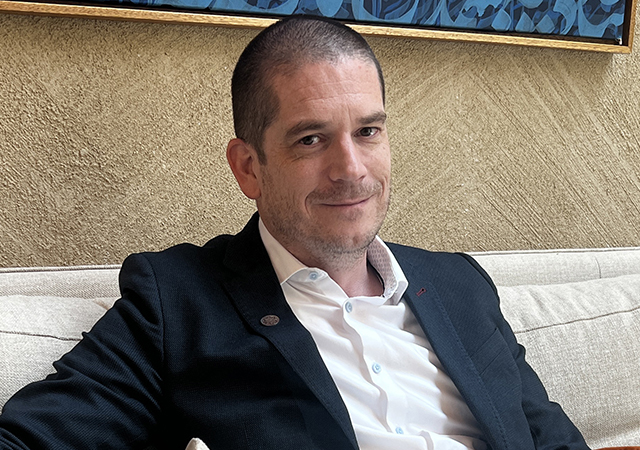

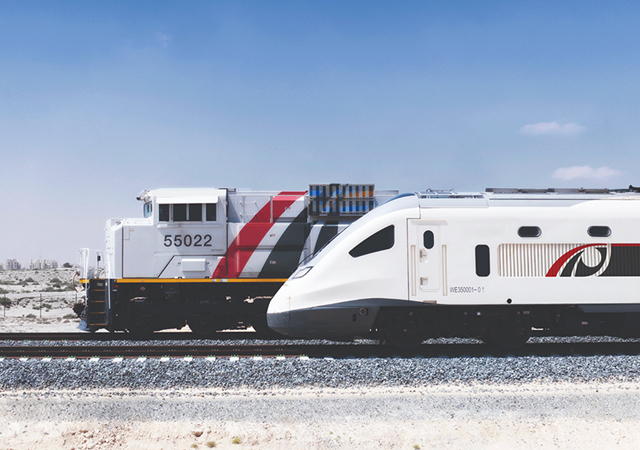
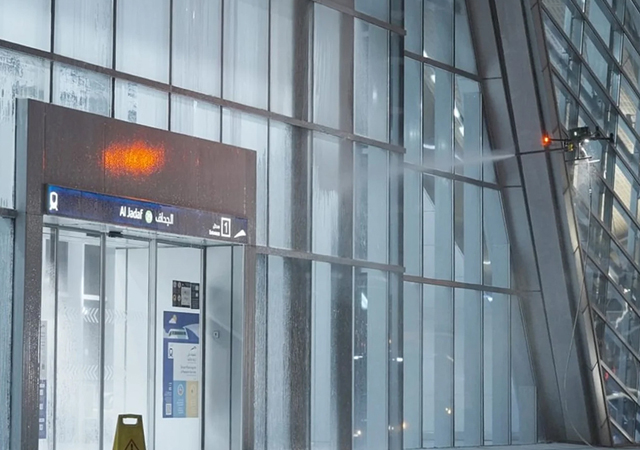
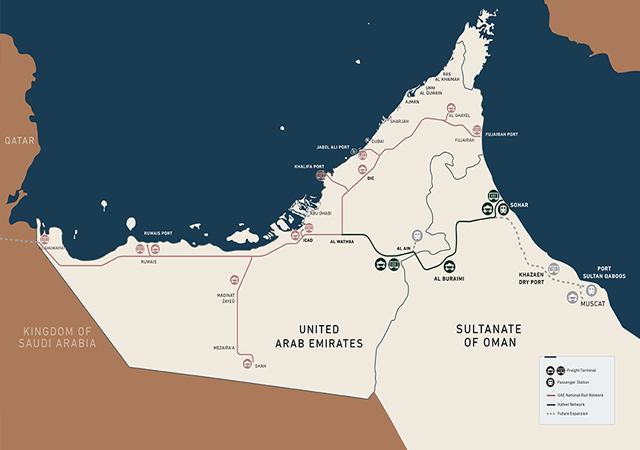
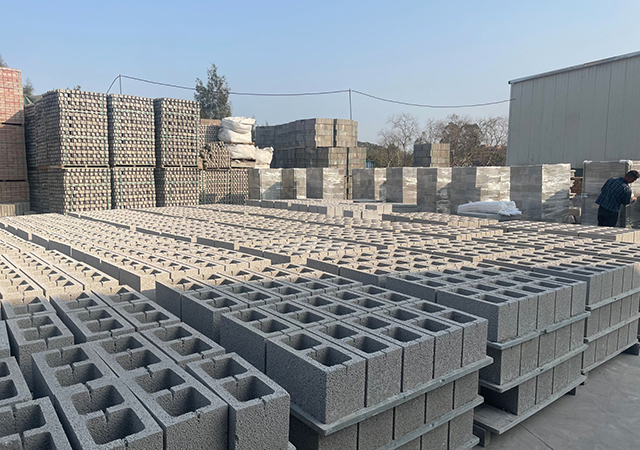
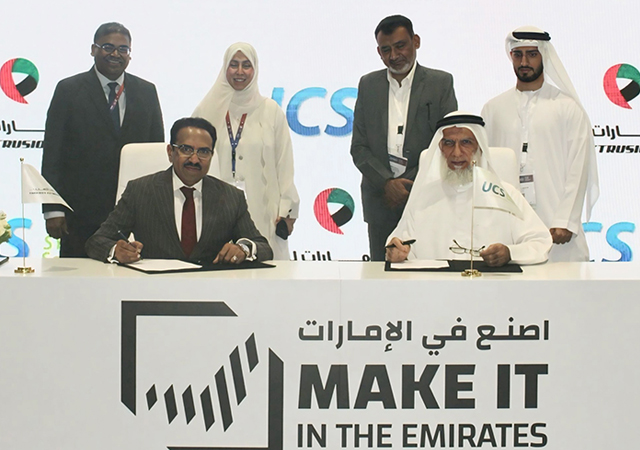
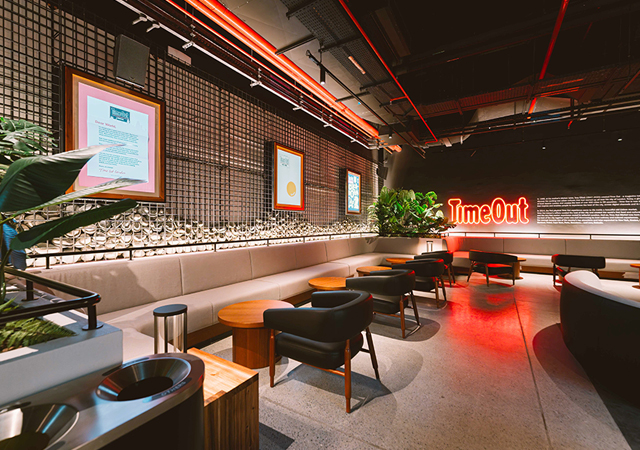
.jpg)
.jpg)
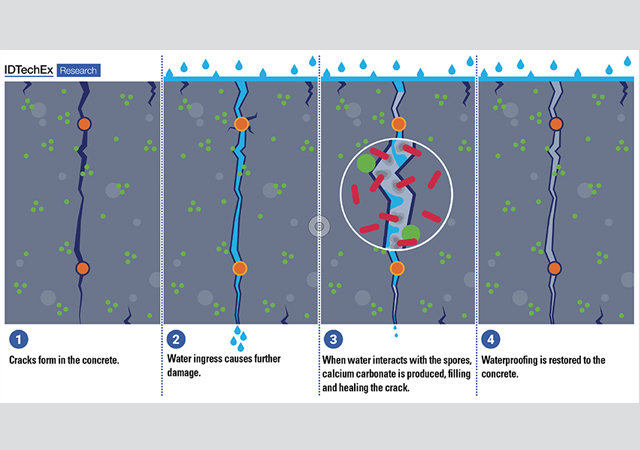
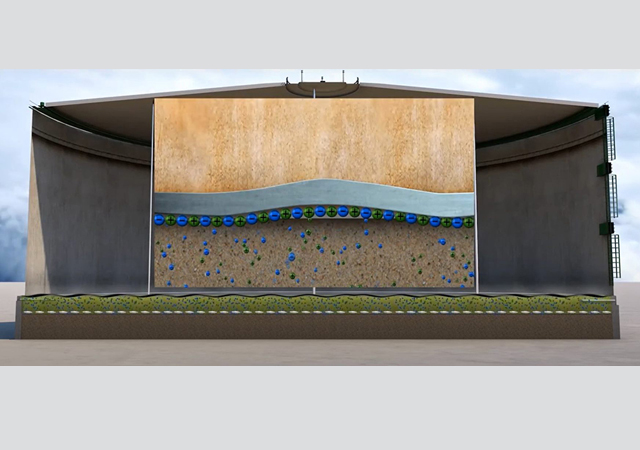
.jpg)
.jpg)
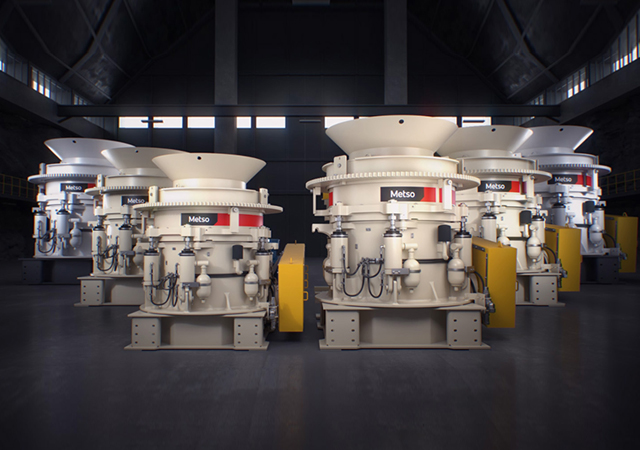
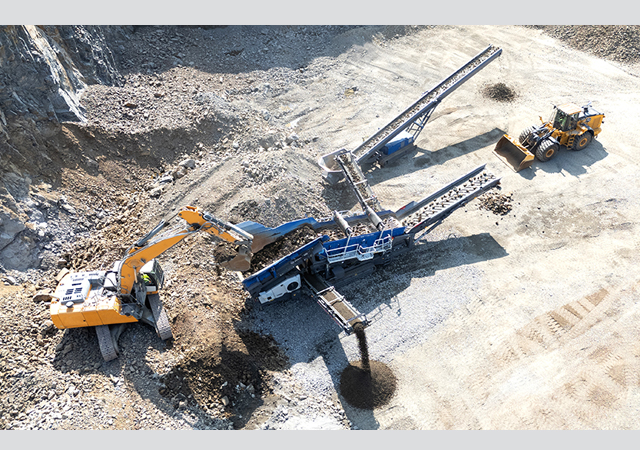
.jpg)
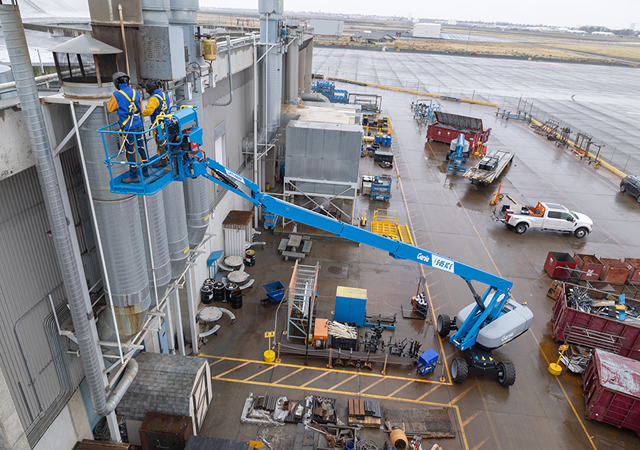
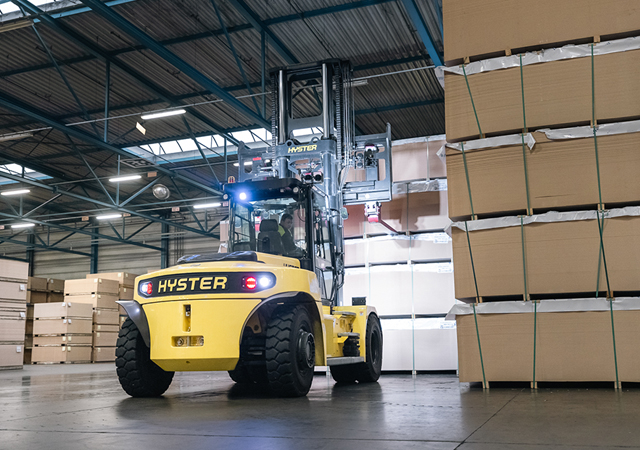
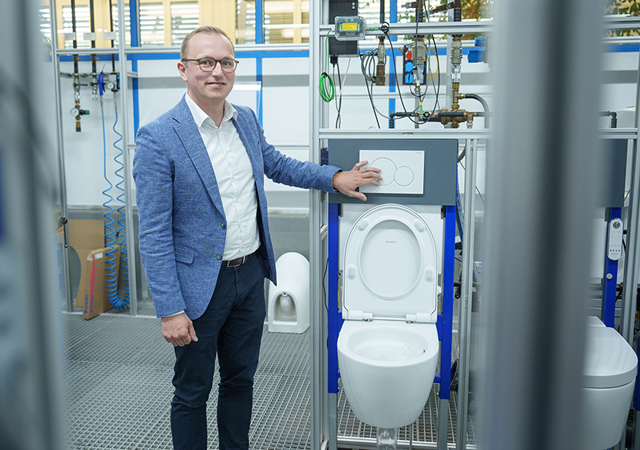
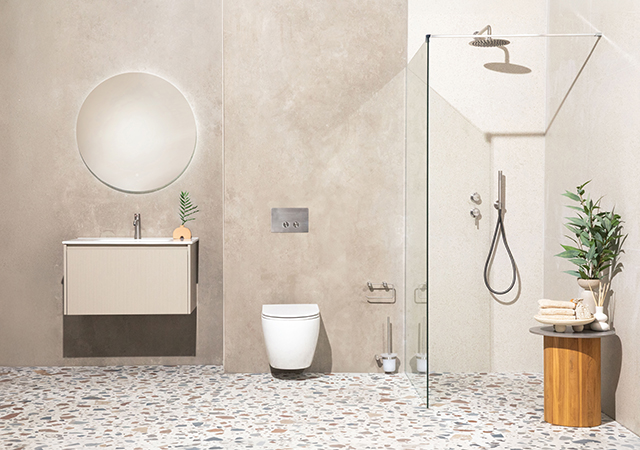
 Doka.jpg)
